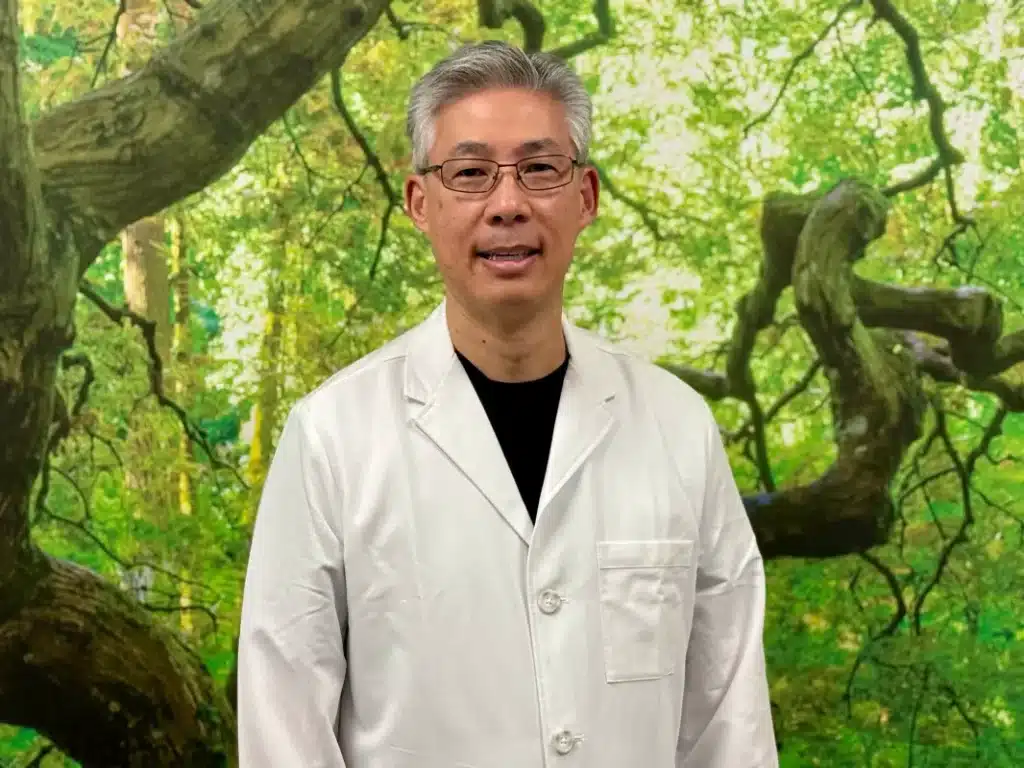What Is The Treatment For PTSD?
Living with PTSD can be extremely challenging, but fortunately, there are lots of ways to find relief from your symptoms. These symptoms may include flashbacks, nightmares, and uncontrollable anxiety.
If these feelings of stress and anxiety after seeing something traumatic don’t fade with time, you may be suffering from PTSD. To learn more about the different treatment options for the symptoms of PTSD, continue reading.
What is the treatment for PTSD?
PTSD treatment seeks to give you back your sense of control over your symptoms so you can regain a sense of normalcy in your life. Treatments range from old standards like psychotherapy and medication to innovative new options like ketamine infusions.
Ketamine Infusions
Ketamine first rose to real prominence as a powerful anesthetic and rapid pain reliever but is now being used as an innovative new treatment for mood disorders and mental health conditions like PTSD.
According to PsychiatryAdvisor, “a growing body of evidence points to the role of glutamate, a widely distributed excitatory neurotransmitter, in mediating the response to stress and the formation of traumatic memories. Ketamine is an ionotropic glutamatergic N-methyl-d-aspartate (NMDA) receptor, antagonist. Its antidepressant and anti-anxiety effects are presumed to occur through activating synaptic plasticity by increasing brain-derived neurotrophic factor translation and secretion and also by inhibiting glycogen synthase kinase-3 and activating mammalian target of rapamycin signaling.”
Psychotherapy
You may know psychotherapy better by the name talk therapy. It is a powerful method of treatment used to treat cases of PTSD in people of any age group or demographic. Types of psychotherapy include cognitive therapy, exposure therapy, and eye movement desensitization and reprocessing (EMDR).
Medications
Some treatments like antidepressants or anti-anxiety medications may bring relief from the symptoms of PTSD, but they may take months to go into effect and can have some unwanted side effects.
What are the symptoms of PTSD?
PTSD symptoms can appear anywhere from within a month after the traumatic event, to even years down the line. These symptoms will greatly interfere with your normal tasks and you may find it difficult to maintain relationships with the people you are close to.
The symptoms of PTSD can be grouped into four subtypes: intrusive memories, avoidance, negative changes in thinking and mood, and changes in physical and emotional reactions.
Intrusive Memories
- Distressing and intrusive memories of the original traumatic event
- Flashbacks to the event, as if you are reliving it
- Nightmares about the event
- Emotional or physical reactions to things that remind you of the original event
Avoidance
- Avoiding talking or even thinking about the original traumatic event
- Avoiding any people, things, or places that remind you of it
Negative Changes in Thinking and Mood
- Thinking negatively about yourself or others
- Hopelessness about the future or the world
- Trouble remembering aspects of the traumatic event
- Trouble maintaining your close relationships
- Social isolation
- Loss of interest in hobbies and things you enjoy
- A feeling of emotional numbness
Changes in Physical and Emotional Reactions
- Always being on guard or watch
- Subsequently, being startled or frightened easily
- Substance abuse
- Self-destructive behavior
- Difficulty concentrating
- Not getting enough sleep
Contact us today to learn more about our innovative new treatment options for PTSD in Scottsdale, AZ.

